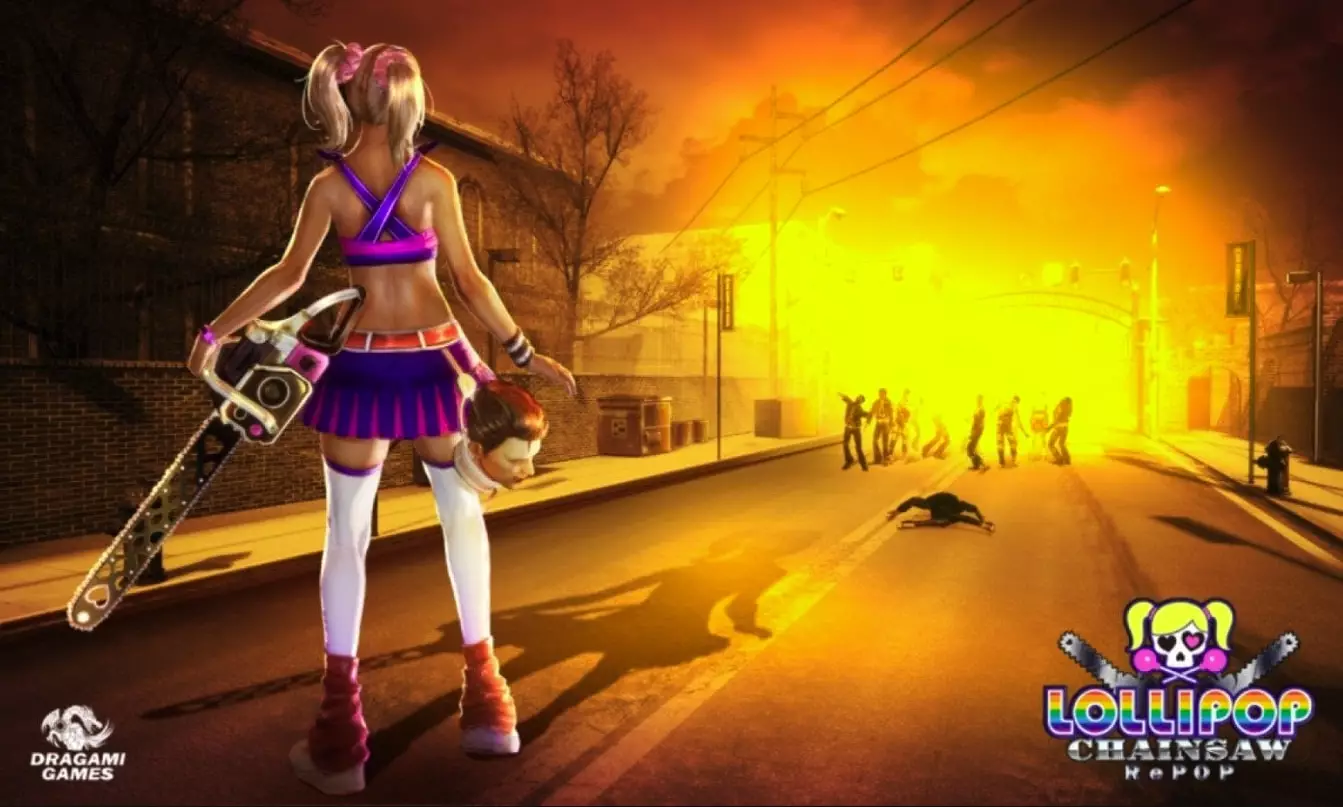Lollipop Chainsaw, a game originally released in 2012, has long enjoyed a devoted fan base and a memorable place within the action-horror genre. Its colorful, over-the-top aesthetics combined with outrageous humor set it apart from other titles of its time. After more than a decade, the game’s recent remastered edition, Lollipop Chainsaw RePOP, has rekindled interest among gamers, critics, and nostalgia seekers alike. This re-emergence is not merely a fleeting revival but a clear indication that the franchise still has untapped potential. The revived interest suggests an industry increasingly eager to mine memorable IPs, blending nostalgia with modern gaming innovation.
A New Dawn for a Beloved Franchise
What makes the return of Lollipop Chainsaw particularly noteworthy is the move to hand over development responsibilities to new teams—Dragami Games and Nada Holdings. This decision signals a strategic shift; it demonstrates a confidence that the franchise can evolve beyond its original creators. The enthusiasm expressed by Dragami’s leadership highlights a recognition of the game’s cultural significance and fan support. It’s a gamble that, if executed with care, could introduce Lollipop Chainsaw to a new generation of gamers while satisfying long-time enthusiasts. The promise of “a wide range of new products” signals ambition, yet leaves much to the imagination, fueling speculation about the tone, gameplay, and narrative directions future projects might take.
Implications for the Gaming Industry
This resurrection also exemplifies broader industry trends—namely, the strategic leveraging of legacy titles to expand brand portfolios. In a market saturated with sequels, remakes, and spin-offs, reviving a beloved franchise like Lollipop Chainsaw offers both a risk and an opportunity. The positive reception of the remastered edition indicates that there is still a significant appetite for unique, personality-driven experiences that depart from the typical gaming mold. Furthermore, by distancing the new projects from the original creative team—such as James Gunn’s departure—the developers are signaling an intent to interpret the franchise anew, balancing respect for the past with innovative storytelling.
What Lies Ahead for Lollipop Chainsaw?
While concrete details about future entries remain scarce, the message from Dragami Games suggests a proactive approach to franchise development. The game’s future could encompass a variety of formats—possibly new titles, multimedia adaptations, or collaborations—catering both to nostalgic fans and newcomers alike. Yet, the absence of James Gunn’s involvement reminds us that creative visions often shift in franchise reboots, which might affect how the game’s distinctive tone and style are preserved or reimagined. Success will depend on how well these new developers understand the essence of Lollipop Chainsaw while carving out their own identity within the franchise.
The resurrection of Lollipop Chainsaw embodies both the enduring power of nostalgic IP and the evolving strategies of modern gaming companies to capitalize on beloved properties. If managed thoughtfully, this renewed chapter could redefine the franchise for a new era—one that respects its rebellious spirit while embracing innovative storytelling.

